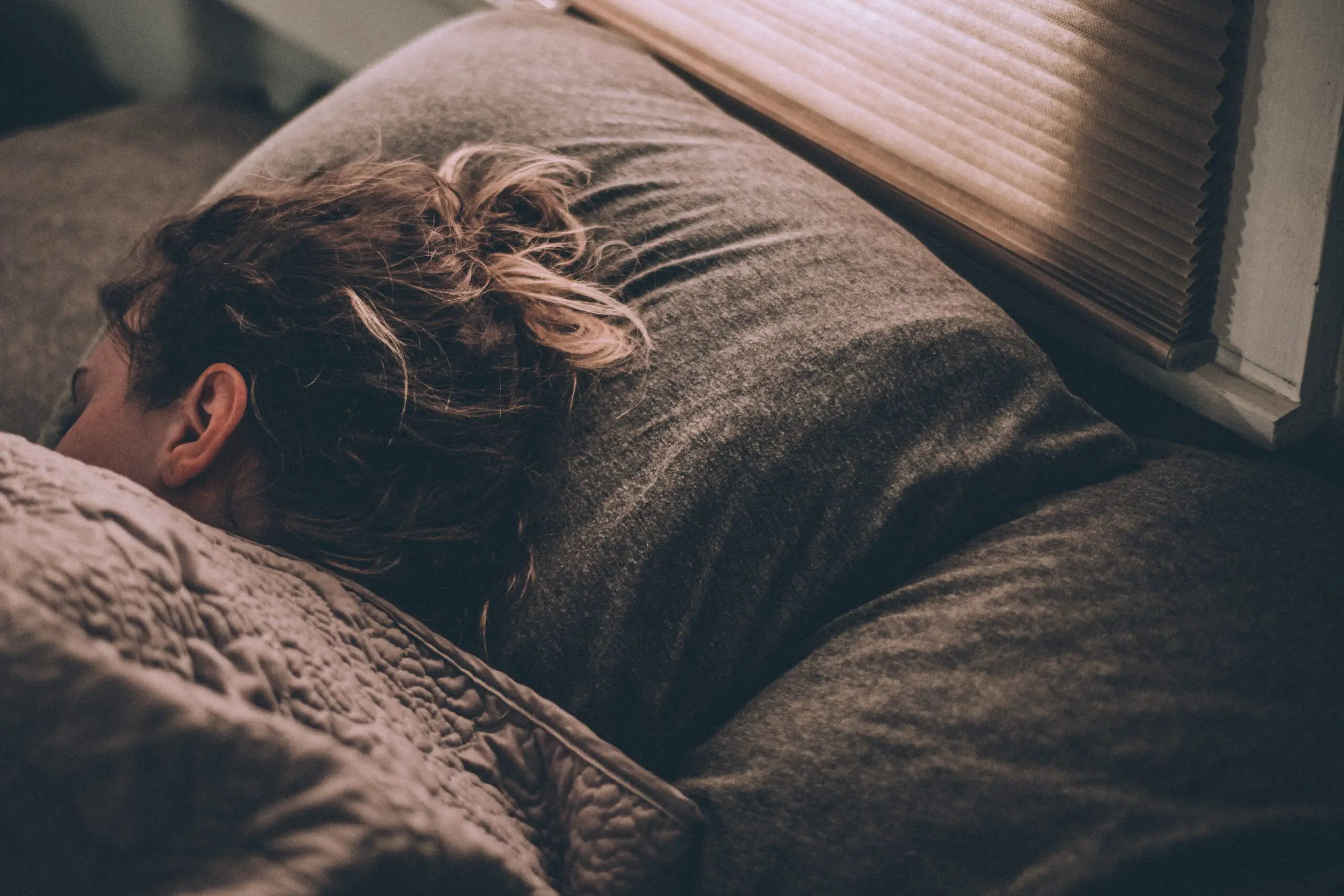Table of Contents
Light Therapy, Melatonin, Sleep Aids, Diet Can Help After Flying
When airline travelers cross several time zones during a flight, they experience jet lag. The largest, but not only, symptom is a disruption of the circadian rhythm, or sleep-wake cycle.
According to the Mayo Clinic, jet lag recovery can take a day for every time zone crossed. For someone traveling from California to London, that’s eight days – a big chunk of business or vacation time. Several remedies before and during travel may help. Here are some other tips to help reduce the sleep cycle adjustment period after arrival:
Stay Awake if Flying West
Refrain from sleeping on the flight, if possible. Stay up through the rest of the day, and sleeping at eight or nine p.m. won’t be hard – your body thinks it’s the middle of the night. (Much easier than trying to go to bed early after flying east.)
Light Therapy can Adjust Sleep Cycles
Light and darkness are the keys to setting your body clock. While bright sunlight is a powerful regulator, it’s not always possible. Light therapy involves using a very bright artificial light, simulating daylight, for particular periods of time. The time periods suggested depending on the brightness of the light and how close it is to your face.
Light therapy devices range from light boxes that sit on your desk or table, to a visor cap that contains a light in the brim, to a dawn simulator that mimics sunrise in your bedroom.
Melatonin and Other Sleep Aids to Adjust Your Sleep Cycle
Melatonin is a natural hormone that promotes sleep. There is anecdotal evidence that melatonin pills can help induce sleep, but no hard research. Suggestions are that small doses are as effective as large, and to take it anywhere from 30 minutes to several hours before you want to sleep.
Other over-the-counter sleep aids include Nytol and Unisom, as well as those combined with pain relievers, such as Tylenol PM, and can help travelers through the first sleepless nights. You may still feel “off” during the day, but a few nights of regularly scheduled sleep can make being awake (and out in the sunlight) during the day easier, and drastically shorten the recovery time, especially if it’s likely to continue for an entire week otherwise.
Both melatonin and OTC sleep aids can cause problems for people with particular medical conditions, so check with your physician first.
Diet to Overcome Jet Lag
Some researchers and travelers claim that a special diet can help overcome jet lag. One, the Argonne Anti-Jet-Lag Diet, requires a complicated schedule of alternate fasting and feasting, with high protein alternating with high carb meals at particular times, starting four days before traveling.
If a diet program is too complicated, the Mayo Clinic suggests adapting it by eating high protein meals when you want to be awake, and high carb meals when you’re ready to sleep.
Again, like melatonin, there is no conclusive evidence that special diets help with jet lag. Some travelers swear by them, and some say they don’t work. If you make long flights frequently, it may be worth a try.

It’s not a matter of where, but when. Time is precious and my time spent living and experience the cultures of this world is what I lust for. This is why I created this website, to share true, genuine experiences and not just typical touristy info. Travel, the love of coffee, and food!
